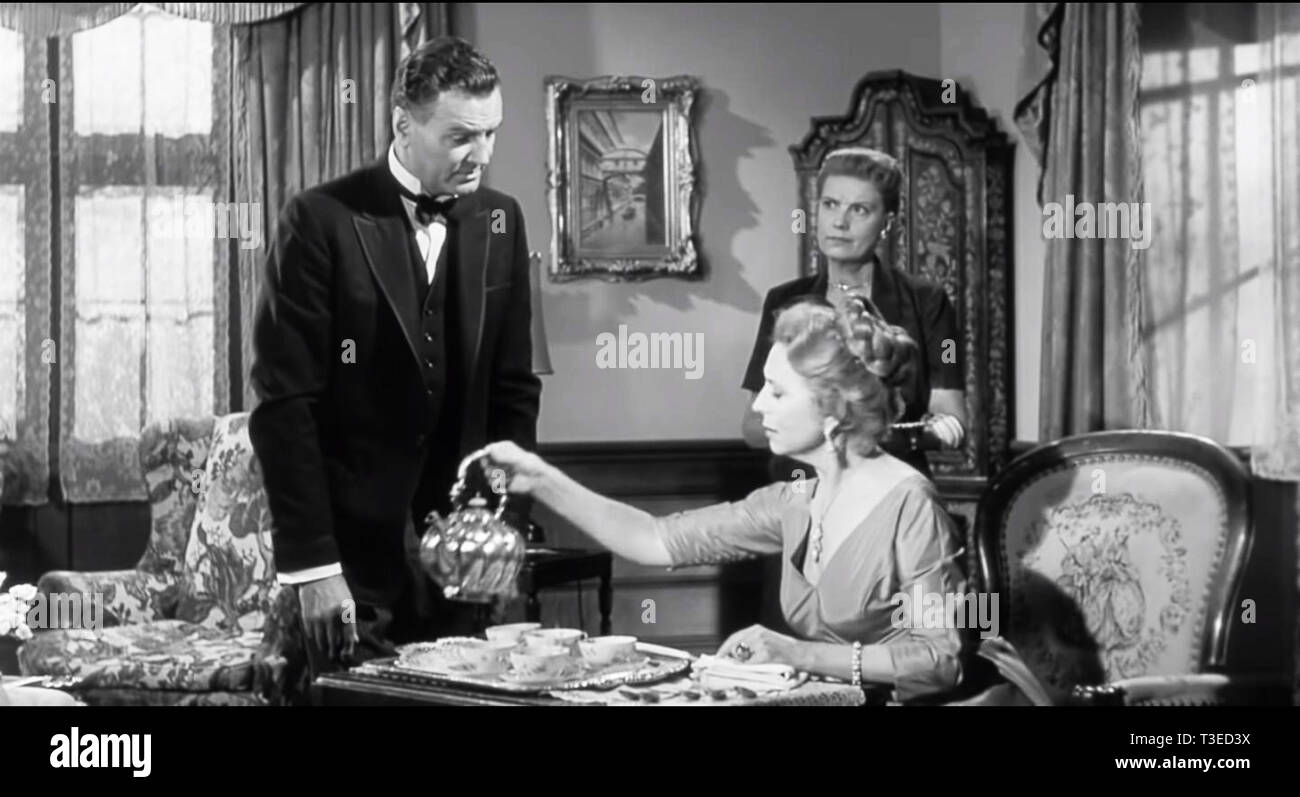

#MAUREEN DOWD LIKE THE MUMMY MOVIES FULL#
Replacing one set of rigid gender stereotypes with another did not allow women the full range of their desires and ended up sabotaging the movement. One of the failures of the feminist movement in the first place was a reliance on easy aphorisms, and the schematic worldview that such aphorisms implied. The famous line, “A woman needs a man like a fish needs a bicycle” did not prove to be a constructive or realistic contribution to the feminist cause. Because the issues surrounding sexual politics are so emotionally charged, so laden with contradiction, so racked with ambivalence and irrationality, it is especially important not to neglect nuance. But one should use it honestly, rigorously, complicatedly, like critics such as Mary McCarthy, Rebecca West, Joan Didion, or Andrew Sullivan. I don’t mean to suggest that there is something inherently wrong with using one’s own life in political writing. Could there possibly be another reason that the attractive, successful Dowd has not settled down? Something that is not in the zeitgeist, or the political climate, but some ineffable quality of her own psychology? It would seem wrong to raise this question about a woman writer, and in fact about any writer, but Dowd uses her experience with men as template for her theories so often, and marshals her failure to marry as evidence so frequently, that she herself raises the question in her reader’s mind. One imagines that her intelligence, her sharpness, her sarcasm may even have interested these men. And they have apparently all been attracted to her, even though she is not in a service profession, or a maid, or a virgin in a gingham dress.
#MAUREEN DOWD LIKE THE MUMMY MOVIES MOVIE#
Something that nearly every person I spoke to about her mentioned, unprompted, is that men can’t resist her.” The piece further describes the wide variety of men Dowd has been involved with, ranging from movie stars, to important editors, to creators of television dramas.

(A friend called her up to complain that her Pulitzer Prize would make it impossible for her to get a date.) But is it possible that there is something else at play? In a recent New York profile, the writer reports: “she is an utter and unreconstructed fox. As Dowd would have it, men simply find her intelligence, her status, her wit too daunting. In fact, Dowd’s most compelling example of this rarefied, lonely demographic of woman too successful for love is herself. She seems to believe that we are all obsessed with beauty, we all want to efface our personalities to ensnare a man, we all want to stay home and take care of him.

As a member of the generation she is writing about, I think her sensationalism renders us unrecognizable. And yet, somehow, the alarmist portrait she draws of female life feels skewed. Much of what Dowd observes in the piece is true-the nostalgic passion for the 1950s, the increasing number of educated women opting to be housewives or change their names when they marry, the success of books like The Rules. But Dowd is pretending to cover cultural trends with journalistic accuracy, and it is this pretense that gives her arguments a shoddy feel. It would be one thing if Dowd were writing pure, straightforward polemic, ranting against the people she feels the need to rant against. The problem with this approach is that one could go out and find a 29-year-old publicist who would say the opposite. The formula is basically this: “Carrie, a 29-year-old publicist, says … ” And from Carrie’s experience she extrapolates to the universal. She cobbles together anecdotal evidence from people she encounters. In Are Men Necessary? she gravitates toward quotes like this: “Deep down all men want the same thing: a virgin in a gingham dress,” or “if there’s one thing men fear it’s a woman who uses her critical faculties.” To support these generalizations, Dowd relies on the faux journalism of women’s magazines. But this strategy is better-suited to satirizing a real person (say, President Bush) than it is to offering insights into the already cartoonish “war” between the sexes. Like the crude, sexist men she lampoons, Dowd is extremely fond of clever stereotyping.


 0 kommentar(er)
0 kommentar(er)
